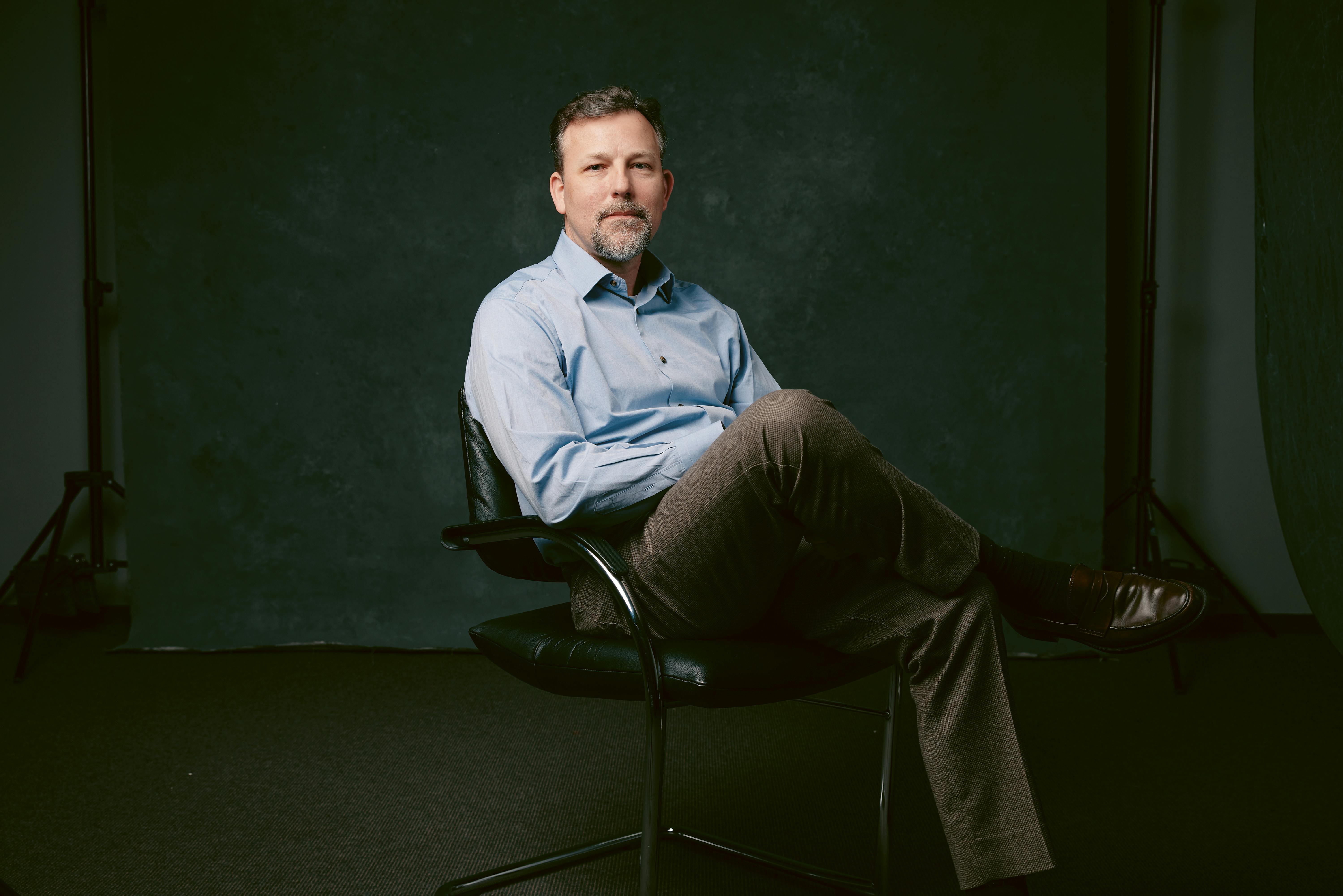A pioneer at heart

People
00
A pioneer at heart
Dr. Shinsuke Muto likes to think big. The founder of a clinic network and leader of one of Japan’s top telemedicine companies, Muto not only decided to become a doctor early on in his life. Soon after earning his medical degree, he aimed at invigorating Japan’s healthcare system. Novartis has joined him in strengthening heart health in the country.
Text by Goran Mijuk, Photos and videos by Yuta Fukitsuka.


Share
You may also be interested in the following:
Live Magazine
This site is intended for a global audience.

Share




